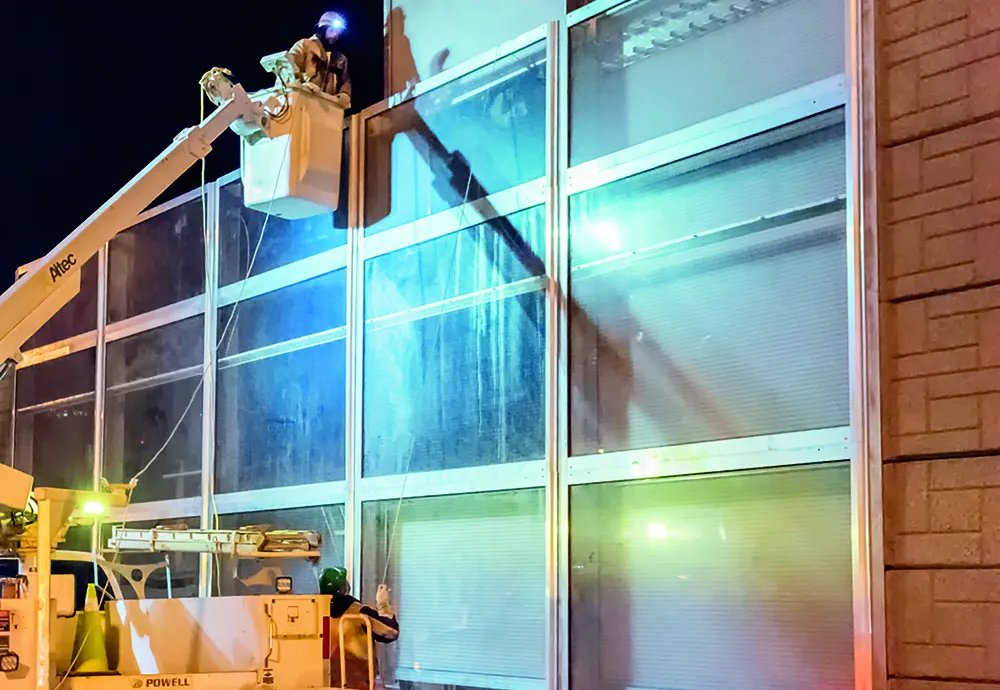The New Zealand government has announced plans to double the number of electric vehicles in the country every year to reach approximately 64,000 by 2021 in an ambitious and wide ranging package of measures to increase the uptake of electric vehicles.
The package also includes extending the road user charges exemption on light electric vehicles until they make up two percent of the light vehicle fleet and a new road user charges exemption for heavy electric vehicles until they make up two percent of the h
May 9, 2016
Read time: 2 mins
The New Zealand government has announced plans to double the number of electric vehicles in the country every year to reach approximately 64,000 by 2021 in an ambitious and wide ranging package of measures to increase the uptake of electric vehicles.
The package also includes extending the road user charges exemption on light electric vehicles until they make up two percent of the light vehicle fleet and a new road user charges exemption for heavy electric vehicles until they make up two percent of the heavy vehicle fleet.
Other measures include: a contestable fund of up to US$4 million (NZ$6 million) per year to encourage and support innovative low emission vehicle projects; work across Government and private sector to investigate the bulk purchase of electric vehicles; Government agencies coordinating activities to support the development and roll-out of public charging infrastructure including providing information and guidance; and allowing electric vehicles in bus lanes and high-occupancy vehicle lanes on the State Highway network and local roads.
Announcing the package, Transport Minister Simon Bridges said, “It’s clear that electric vehicles are the future. A move from petrol and diesel to low emission transport is a natural evolution, and it is our aim to encourage that switch sooner, rather than later.
“The benefits of increasing uptake of electric vehicles are far-reaching. They’re cheaper to run than petrol or diesel vehicles, they’re powered by our abundant renewable electricity supply, and they’ll reduce the amount of emissions that come from the country’s vehicle fleet.”
The package is intended to tackle and remove barriers that have until now prevented households and business from choosing electric. Current barriers include the limited selection of models available; a lack of widespread public charging infrastructure; and lack of awareness about electric vehicles.
“The Government can’t tackle these barriers alone. That’s why we’ve been working closely with the private sector and local government over the last year on what measures we can take that will have the greatest impact,” said Bridges.
The package also includes extending the road user charges exemption on light electric vehicles until they make up two percent of the light vehicle fleet and a new road user charges exemption for heavy electric vehicles until they make up two percent of the heavy vehicle fleet.
Other measures include: a contestable fund of up to US$4 million (NZ$6 million) per year to encourage and support innovative low emission vehicle projects; work across Government and private sector to investigate the bulk purchase of electric vehicles; Government agencies coordinating activities to support the development and roll-out of public charging infrastructure including providing information and guidance; and allowing electric vehicles in bus lanes and high-occupancy vehicle lanes on the State Highway network and local roads.
Announcing the package, Transport Minister Simon Bridges said, “It’s clear that electric vehicles are the future. A move from petrol and diesel to low emission transport is a natural evolution, and it is our aim to encourage that switch sooner, rather than later.
“The benefits of increasing uptake of electric vehicles are far-reaching. They’re cheaper to run than petrol or diesel vehicles, they’re powered by our abundant renewable electricity supply, and they’ll reduce the amount of emissions that come from the country’s vehicle fleet.”
The package is intended to tackle and remove barriers that have until now prevented households and business from choosing electric. Current barriers include the limited selection of models available; a lack of widespread public charging infrastructure; and lack of awareness about electric vehicles.
“The Government can’t tackle these barriers alone. That’s why we’ve been working closely with the private sector and local government over the last year on what measures we can take that will have the greatest impact,” said Bridges.










